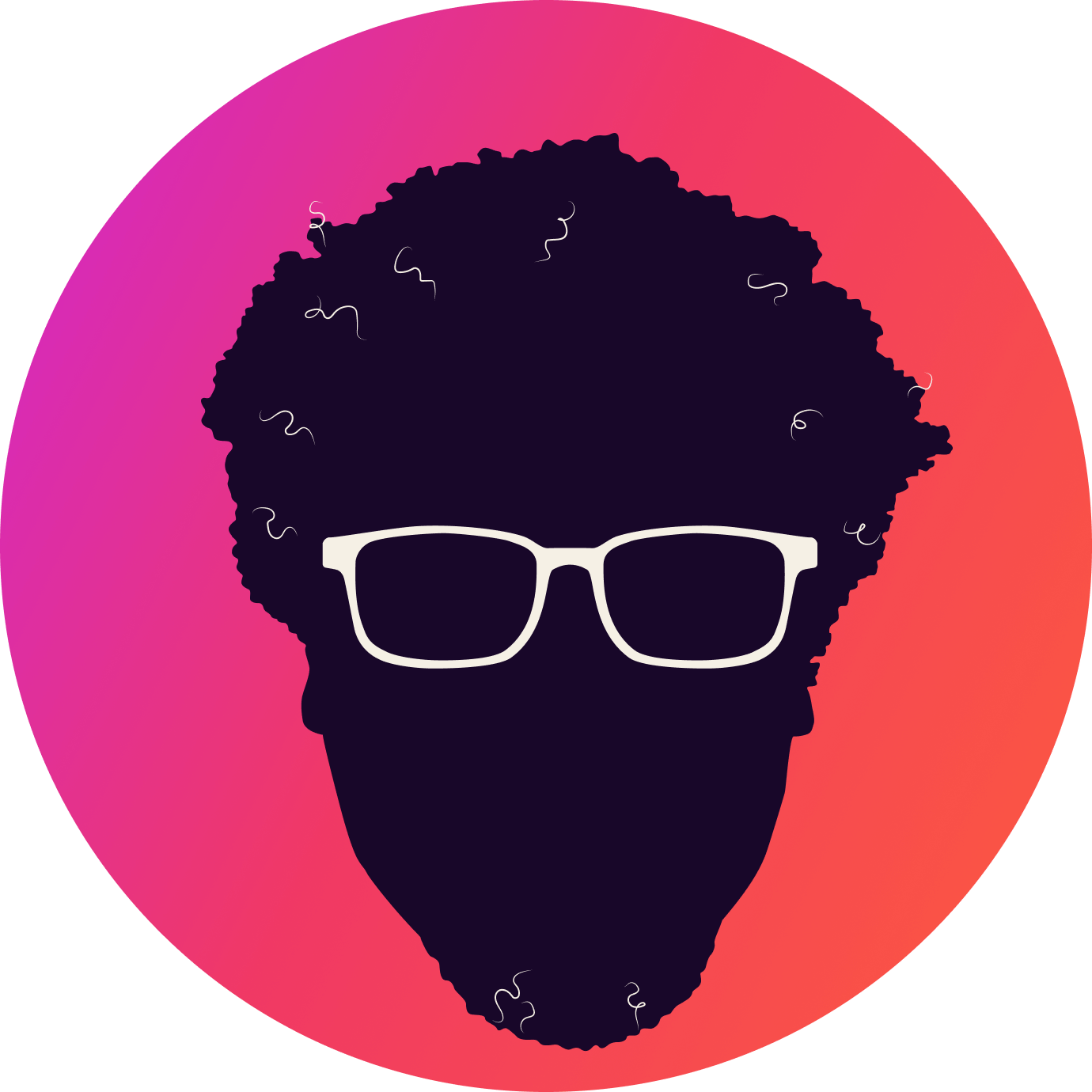Welcome to the Vibe Era
Early in the AI revolution, I sat across a founder pitching a low-code solution that claimed to eliminate the need for developers. I was skeptical, after all, I’d heard this pitch before. As an engineer who’s spent a career building digital products, I figured it was another passing trend.
I was wrong. And worse, I underestimated just how fast this change would come.
Today, we’re in a new era. The skills and careers many of us have spent years refining may no longer be the most valuable thing we bring to the table. Not because they’ve lost value, but because the tools have shifted what’s possible.
We’re in an era where one person, equipped with the right AI stack, can match the output of ten. Vibe coding. Vibe marketing. Vibe product development. Small teams (and sometimes solo operators) are launching polished prototypes, creative campaigns, and full-on businesses fast.
For marketers, the traditional team structure is collapsing.
- Need product photos? Generate them with ChatGPT or Meta Imagine.
- Need a product launch video? Runway or Sora has you covered.
- Need a voiceover? Use ElevenLabs.
- Need custom music? Suno AI.
- Need someone to bounce ideas off of? Make an AI agent that thinks with you.
What used to take a full team now takes… vibes and tools.
The same applies to developers. Tools like Lovable let you spec and ship an MVP in minutes. I recently used it to build a simple app from scratch, and it took me less than an hour. It’s not perfect, but it’s good enough to rethink how we define “development.”
As I often say in my talks, we are still in the AOL dial-up phase of this revolution. This version of AI you’re using today is the worst it will ever be.
Even if you think, “I could write better code” or “that copy isn’t quite there,” remember: these tools get better with every click and every release. Critiquing their limits is fair, but betting against their progress? That’s dangerous.
Shopify’s CEO recently said, “Before hiring someone, I ask: Is this a job AI can do?” That’s not just a hiring philosophy—it’s a survival strategy. It’s catching on fast.
That leads to a deeper question: If AI can handle the tactical and mechanical parts of your work, then what’s left that only you or I can do?
For marketers, it’s the story behind the product.
For developers, it’s solving human problems—not just writing code.
For writers, it’s the reporting, not the sentences.
(Just read The Information’s deep dive on Apple’s AI stumbles—AI could’ve written it, but it couldn’t have reported it.)
This is the heart of the vibe era. It’s not about replacing humans—it’s about refocusing them. On feel. On instinct. On taste.
AI does the repetitive parts. You bring the spark.
In essence, vibe marketing (and vibe everything) is a shift in what matters most: You focus on crafting emotional resonance—the vibe—while AI handles execution.
It’s tailor-made for teams that want to scale fast and connect authentically in a world moving faster than ever.
To borrow a metaphor:
Stephen King isn’t great because of just the words on the page.
He’s great because of the ideas he puts there.
And that’s where the human magic still lives.
